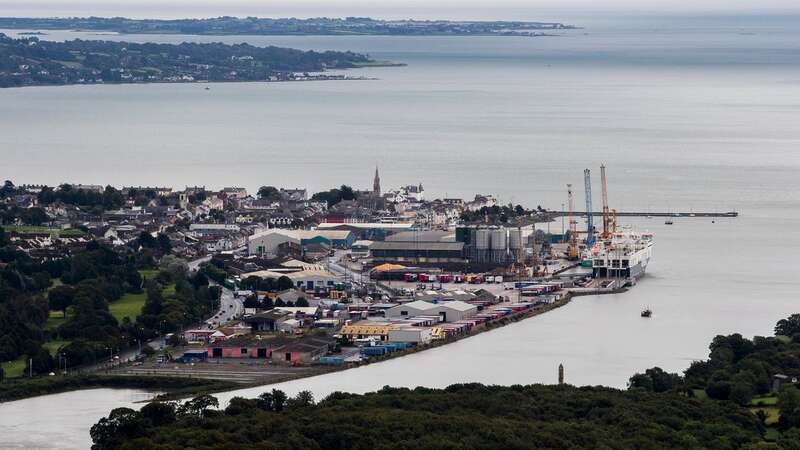
A new committee at Stormont is set to look into post- Brexit trading rules.
This group, known as the Windsor Framework Democratic Scrutiny Committee, will check how Northern Ireland might be affected if it steps away from both the EU and UK laws. They have been tasked with noting what happens when new EU laws are followed in Northern Ireland or what potential problems could arise if they are not followed.
Under post-Brexit trading riles, certain EU laws are still effective in Northern Ireland. The Windsor Framework, a combined effort by the UK and the EU, allows local politicians to have their say when European laws are being updated.
If more than 30 MLAs disagree with a new law, they can refer it to the UK Government for further checks. They then see if such changes would affect Northern Ireland and can even stop it from being applied there. The committee's job involves looking at the effects of changes to EU regulations on Northern Ireland. During their first meeting, an official talked about the possibility of "trivergence".
There could be a "trivergence" situation in Northern Ireland if the UK government and EU laws diverge, leaving Northern Ireland as the only place where old rules still apply. This was not covered in the regulations that set up the committee for democratic scrutiny under the Windsor Framework.
 Mystic Mag's 2023 predictions include strikes, sleaze, self pity and separation
Mystic Mag's 2023 predictions include strikes, sleaze, self pity and separation
However, the committee can look into what happens if a new or replacement EU act is applied in Northern Ireland but not elsewhere. DUP MLA Joanne Bunting asked for clarification on this, and an official explained that there's potential for dual divergence or trivergence. Ms Bunting believes the UK government would step in to prevent any negative impact on Northern Ireland in such a scenario.
She said: "In the example of trivergence, in circumstances where the break is successfully pulled, at that point then surely the UK government or the NI Assembly can legislate to make sure that everything is fine in Northern Ireland." The official explained that even if the brake was used, members of the Stormont Assembly could still vote, through an applicability motion, for the new or replacement law to be applied in Northern Ireland.
Sinn Fein member Emma Sheerin suggested that the committee might have to pick the least bad option. She said: "In that sort of scenario it may be the case that we decide something does have significance or that it does significantly impact or change, but we decide to allow that to proceed, and not to apply the break, because the alternative would be worse in that we would be leaving ourselves behind almost," she said.
Alliance MLA Patrick Brown suggested that the committee invite academics who have studied trivergence to present evidence to members. He said: "We are, as I'm understanding it, to a degree in unchartered territory here. 'm not sure if there are other regions or areas that are subject to a similar issue of trivergence."
Ulster Unionist committee member Steve Aiken said it would be crucial to clearly define the committee's role in assessing any changes in EU law, to reduce the chance of a future legal challenge. "We need to actually quite define quite clearly what the concept of trivergence means," he said.
Mr Aitken added: "Because, as has already been pointed out by Emma, there might be cases where we decide that that is potentially a breach but, because of the impact that it's likely to be, we decide not to action on it. Or we might do exactly the opposite."
Read more similar news:
Comments:
comments powered by Disqus

































